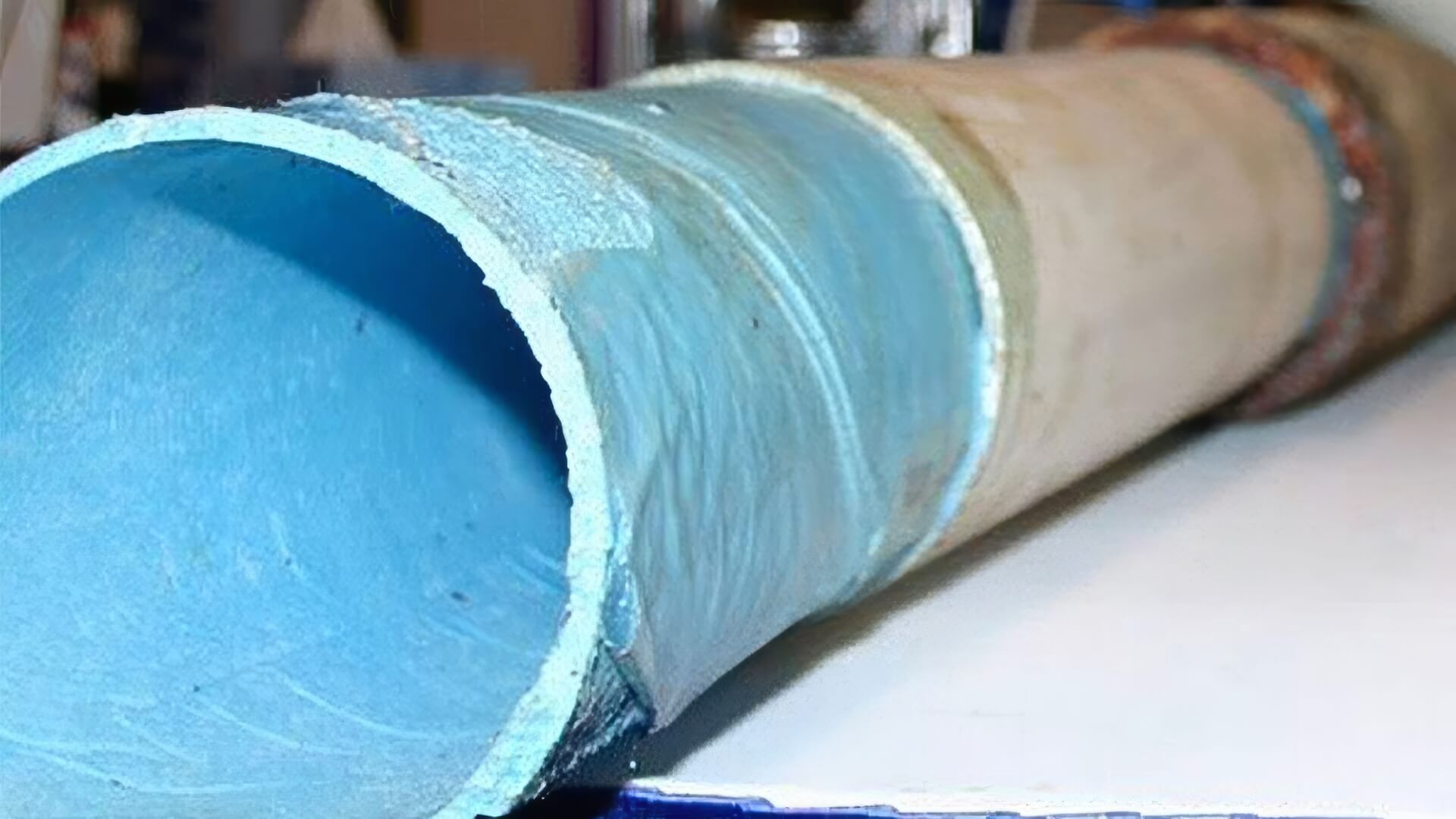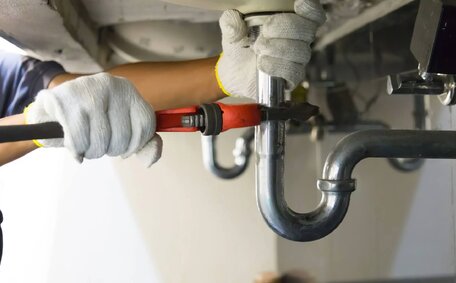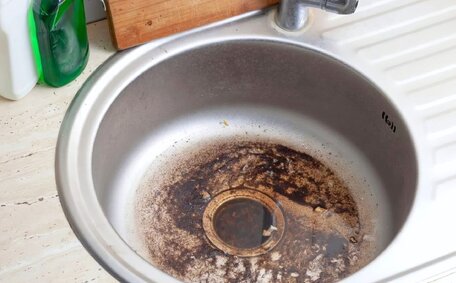Introduction to Blocked Drains
p>p>p>p>p>
Debris Buildup in Drains
Debris buildup is one of the most common causes of blocked drains. Over time, hair, grease, food scraps, and other debris can accumulate in pipes and restrict water flow. Items commonly found in drain blockages include:
- Hair - Pet hair and human hair often wind up going down the drain. As more hair accumulates, it can form a dense mass that blocks water flow.
- Food waste - Leftover scraps and oils from cooking can stick to the sides of pipes. Over time, this buildup narrows the diameter of the pipes.
- Grease and fat - Like food waste, grease and oils solidify and coat the insides of pipes.
- Tree roots - Invasive root systems from shrubs and trees can work their way into pipes underground and cause major blockages.
- Toilet paper - While toilet paper is designed to breakdown when flushed, too much at once can cause problems.
To help prevent debris buildup, refrain from pouring fats/oils down drains, install strainers to catch hair and food, and use enzyme cleaners regularly to dissolve buildup. Tree roots can be prevented with pipe maintenance and replacements.
Leaves and Outdoor Debris
Leaves and other natural debris can be a major contributor to blocked drains, especially in areas with trees like Kareela, Sydney. As leaves fall from trees, they can make their way into gutters and downspouts. Once inside the drainage system, wet leaves tend to stick together and accumulate.
Leaves are also problematic because many house gutters are not equipped to handle the large volume produced by trees in autumn. When gutters overflow with leaves, they wash down and clog up underground drains. Some other common outdoor debris that can cause blockages includes sticks, grass clippings, dirt, and seeds.
For homes and businesses located near trees or with inadequate gutter systems, it is important to regularly clear leaves and outdoor debris. Installing gutter guards or screens can also help prevent buildup. Uncloggingblocked drains swiftly is key to minimising damage and leaks into the property.
Kitchen Waste Going Down Sinks
Many types of kitchen waste often wind up going down residential and commercial sinks, contributing to blocked drains. Food scraps, fats, oils, and grease are particularly problematic.
When food particles like rice, pasta, or vegetable peels wash down the sink, they can accumulate in pipes. As more debris builds up, it restricts water flow and causes backups.
Fats, oils, and grease are especially harmful when poured down sinks. When these hot liquids cool, they solidify and stick to pipe interiors. The grease coats pipes and binds other debris together, creating dense blockages.
Dairy products also commonly lead to clogged drains when disposed down sinks. Foods like milk, cheese, and butter congeal and attach to pipes as they spoil.
To avoid drain disasters, refrain from pouring fats or large food debris down sinks. Compost scraps when possible or dispose of with general rubbish. Using sink strainers and regularly cleaning pipes with enzyme-based products can also help prevent blockages from kitchen waste.
Pipe Damage Causing Blockages
Damaged, collapsed, or deteriorating pipes are another major cause of blocked drains. Cracks, breaks, and corrosion in pipes allow debris, roots, and sediment to enter the drainage system where they snag and accumulate. Partial pipe collapses also severely reduce water flow, allowing solids to settle and accumulate into blockages.
Cracks from tree roots entering pipes, broken pipes due to shifting foundations, or general corrosion in ageing pipes can all provide an entry point for debris. As more debris enters broken pipes, it builds upon itself and forms obstructions.
Replacing damaged sections of pipe is often the only way to fully resolve blockages in compromised pipes. Lining existing pipes is another option that can reinforce damaged pipes and prevent further breaks that would allow debris to enter.
Routine drain inspections and maintenance can help identify potential pipe issues before they cause major blockages. Early pipe repairs or relining can often prevent extensive obstructions down the road.
Cracked Pipes
Cracked pipes are a serious issue that can quickly lead to blocked drains. Even minor cracks in pipes provide an opening for sediment, debris, and tree roots to enter the drainage system. As more matter accumulates in the cracks, it eventually blocks water flow through the pipe.
Hairline fractures in pipes are often undetectable until a full blockage occurs. However, keeping an eye out for slowed drainage, gurgling sounds, bad odours, and water pooling around drains can help identify cracks before they become problematic.
If you suspect a crack in your pipes, take immediate action by contacting a professional plumber. They can inspect pipes using CCTV drain cameras to identify cracks and advise on repair options. The longer cracked pipes are left unattended, the higher the risk of major blockages, backups, and water damage in the home.
Tree Roots Growing Into Pipes
Tree roots penetrating and entering pipes are a prime cause of blocked drains. As trees grow, their roots spread underground seeking water sources. Old cracked pipes provide an entry point for invasive roots.
Once inside pipes, roots continue growing and thickening over time. This causes severe constriction of water flow, allowing solids to accumulate into clogs. Cases where large roots totally fill the pipe are not uncommon.
Tree root blockages tend to occur in older pipes that have cracks or joint separations. Orangeburg pipes installed over 50 years ago are particularly prone to root intrusion. Root cutting and pipe relining or replacement are the normal fixes.
Homeowners should be alert to slowed draining or gurgling sounds as potential signs of roots in pipes. A plumber can confirm root infestation and damage using drain cameras. Addressing root blockages quickly is key to avoiding sewer backups and indoor flooding.
Grease and Fat Buildup
Grease, oil, and fat pouring down drains are a leading cause of obstructions. As hot fats and oils from cooking cool, they solidify and stick to the inside of pipes. Over time, thick layers of congealed fat coat the pipe walls, severely narrowing the diameter.
The grease also acts as a glue, binding food particles and other debris to the walls. This material accumulates and can completely clog drains. Commercial kitchens generate especially high volumes of hot oils and grease that commonly lead to blockages if not disposed of properly.
To help prevent grease and fat buildup, allow pans to fully cool before washing to avoid pouring hot oils down the drain. Commercial kitchens should have grease traps installed and maintain them regularly. Scraping plates and using strainers can also minimise fats and oils entering the pipes.
Tips for Preventing Grease Blockages
Here are some tips to help prevent blockages caused by grease buildup in drains:
- Allow fats, oils and grease to fully cool and solidify before washing cookware. Hot liquids poured down drains can quickly congeal.
- Never pour large amounts of oils, fats or grease down the drain. Always discard into the rubbish.
- Use paper towels to wipe greasy pans before washing to remove excess fat.
- Install sink strainers to catch food scraps so they don’t wash down pipes.
- Consider using enzyme drain cleaners regularly to break down grease. They work over time to dissolve buildup.
- For commercial kitchens, install proper grease traps and maintain them diligently.
- If grease accumulates, don’t use very hot water to try flushing as it can melt the grease which later solidifies in pipes.
With some care taken in the kitchen, grease buildup can be minimised. However, some accumulation over time is normal. Calling a professional plumber to routinely hydro jet drains can remove grease before major blockages occur.
Hair Buildup in Drains
The accumulation of hair in drains is a major factor leading to blocked drains. Shower and sink drains easily become clogged as loose strands of human and pet hair collect over time. As more hair washes down, it binds together into a dense mass that obstructs water flow.
Excessive amounts of hair in a drain also cling to soap scum, grease, and other debris. This material conglomerates around the hair and exacerbates the blockage. Cases where drains are completely packed with thick wads of hair are common.
Preventing hair buildup involves using drain covers and strainers to catch loose strands. Regularly snaking or hydro jetting drains helps clear out hair before major obstructions occur. Regularly snaking or hydro jetting drains helps clear out hair before major obstructions occur.
However, some accumulation is inevitable over time.
How to Prevent Hair Blockages
p>p>p>p>p>p>p>
Toilet Paper and Sanitary Products
Flushing too much toilet paper or improper items like sanitary products down the toilet is another common cause of blocked drains. While toilet paper is designed to break down, overuse can lead to obstructions.
When large wads of toilet paper are flushed, they tend to congregate together inside drainage pipes. As more tissue accumulates, it blocks water flow and catches other passing debris.
Sanitary items like tampons, pads, and applicators are also frequently flushed down toilets. However, they do not disintegrate and quickly snag into clogs. Wet wipes represent another item that commonly gets flushed but does not dissolve.
To help prevent drain blockages, refrain from flushing anything beyond toilet paper. Following manufacturer recommendations for toilet paper usage can also minimise buildup. Routinely snaking drains helps clear out any tissue accumulation before major obstructions arise.
Use trash receptacles for sanitary and other unflushable items.
Mineral Deposits in Pipes
p>p>p>p>p>p>p>p>
Conclusion and Next Steps
Blocked drains are a common nuisance that can happen in any home or business. As outlined, there are many potential causes of obstructions ranging from buildup of hair, grease, debris to pipe damage from tree roots. Being aware of the most common causes of blocked drains allows you to take preventative measures.
However, despite best efforts, drain blockages do occur from time to time. When you notice gurgling sounds, backed up water, bad odours or slow drainage, take quick action by contacting a professional plumber. At Kareela Plumbing, we have extensive experience in unblocking all types of drain obstructions.
Our team will use state-of-the-art drain cameras to inspect your pipes and diagnose the exact cause and location of the blockage. We’ll then use advanced techniques like hydro jetting, root cutting, drain snaking and high-pressure cleaning to clear out the obstruction.
For long-term prevention, we also offer drain relining to reinforce damaged pipes and stop roots, debris and sediments from entering your drains. Our prompt service helps resolve blocked drains before major property flooding and water damage occurs.
To enquire about our blocked drain services or book an appointment, please email us, call 0412 345 678 or use our online booking form. With decades of plumbing expertise, we can quickly solve any blocked drain challenges in your home or business.






